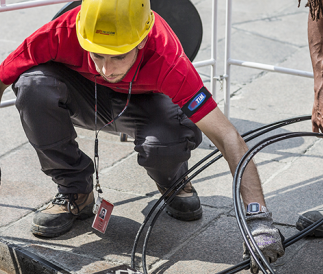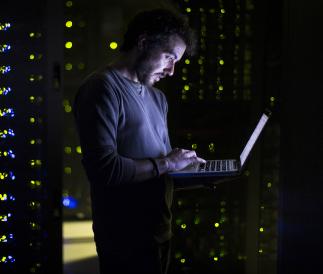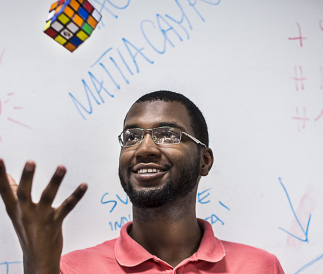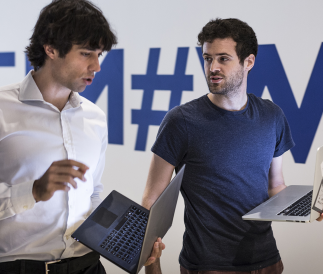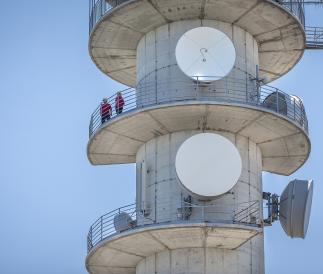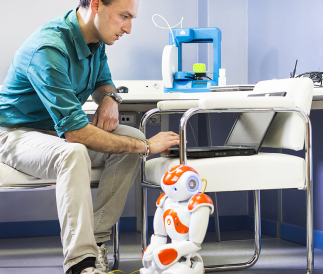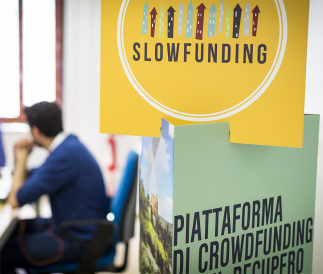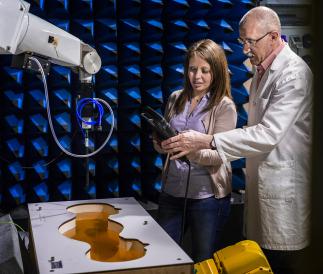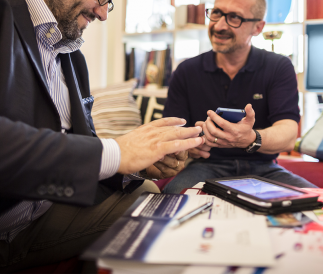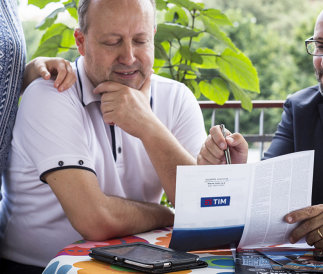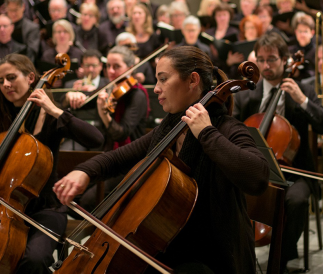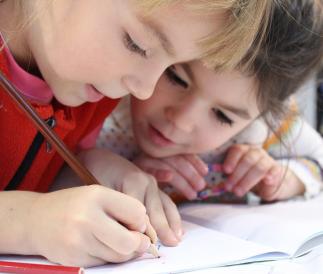Programme the future
The way in which digital natives approach new technologies involves a change in learning processes and educational paths.
New media are increasingly becoming an unavoidable dimension for young people from their early years of life. However, ease of access, product and publication of content are not always accompanied by cultural growth, a capacity to reflect and critical skills. Educating young users, responsible and aware of new technologies, but also reinventing the way they study thanks to the web, experimenting a new way of being at school that combines studying and playing, it is essential for today’s children and teenagers.
In 2016 TIM signed up to Programme the Future, as the Founding Sponsor partner, for the third scholastic year (2016/2017); the project is an initiative by MIUR (Ministry of Education, Universities and Research) and CINI (National Inter-University Consortium for Information Technology) aimed at disseminating a new digital culture in schools by introducing the basic concepts of information technology and computational thought to give young people greater opportunities to enter the innovative professions of the future. The initiative has involved over one million students to date for a total of 10 million hours of training, with the participation of around 6,000 schools.
To support the initiative TIM also brought its strengths into play through the TIM4Coding project. In the last edition, namely scholastic year 2015/2016, over 400 employees voluntarily led the students, mainly from primary schools, through their first hour of coding, while at the start of this third scholastic year (2016/2017) TIM organized four events for young people with the aim of testing the basic concepts of information technology. Around 200 students from high schools participated at the TIM #Wcap business accelerators in the cities of Milan, Bologna, Catania and Rome, where through the use of simple and fun tools they were involved in a useful educational experience also to increase their opportunities to enter the innovative professions of the future. The young people took part in coding lessons and were issued an official certificate of participation in Programme the Future.




